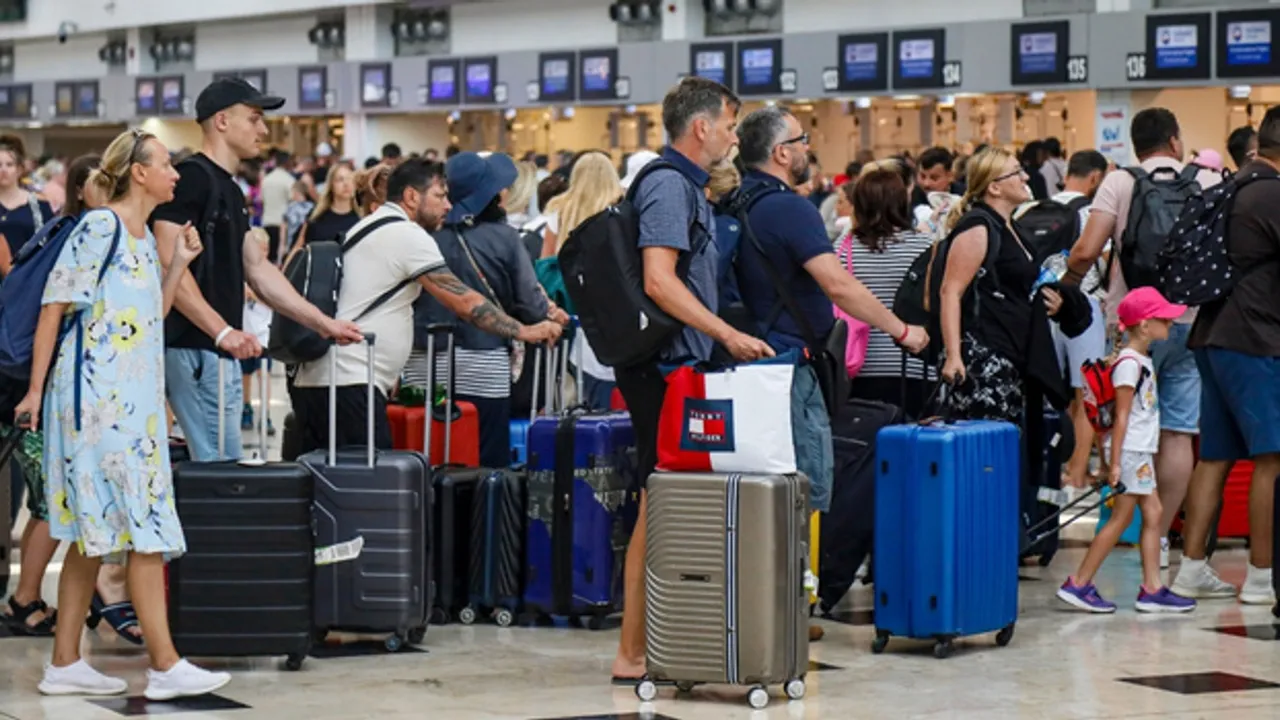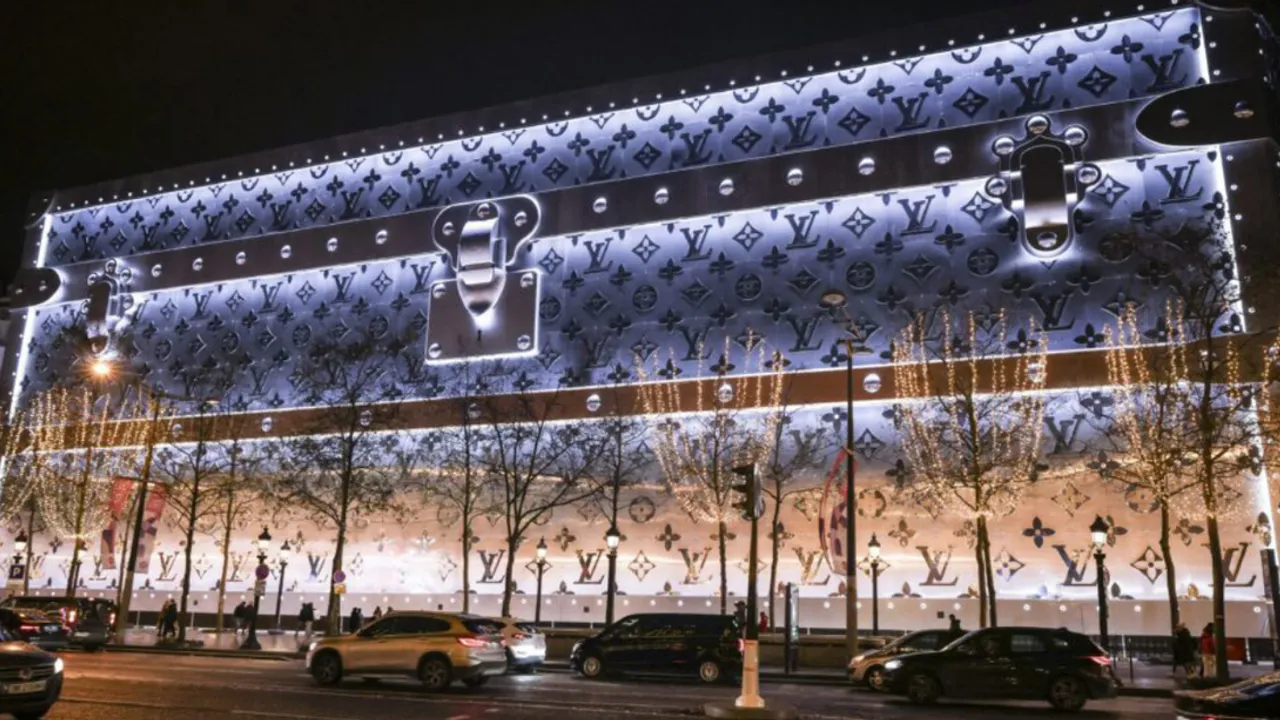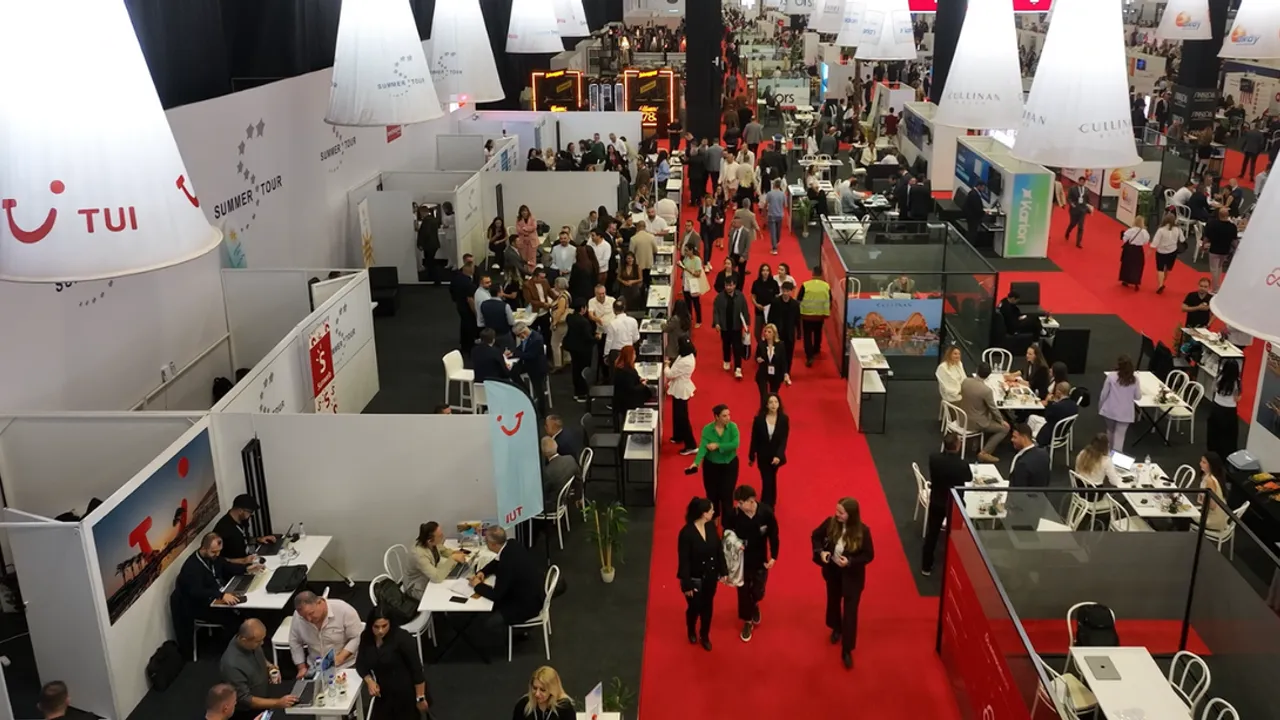GEN Z IS CHANGING THE CONCEPT OF VACATION


Stating that young people are moving away from the classical understanding of luxury, Yeditepe University Tourism Management Department faculty member Assoc. Dr. Demet Genceli said, "Generation Z has very different vacation habits from us. Today, what young people understand by luxury means places that offer them special, personalized, authentic experiences where they can feel more comfortable and be in harmony with nature and culture. Quiet luxury is also on the rise in tourism," she said.
Yeditepe University Tourism Management Department faculty member Assoc. Dr. Demet Genceli made evaluations on the occasion of 'Tourism Week', celebrated between April 15-22. Genceli said, "The new generation, Generation Z, that is, the generation born between 1997-2012, participates in travels in a more personalized, digitally integrated structure that values sustainability and seeks experience, unlike us. Our generation prioritizes the search for comfort, luxury, and convenience."
'SOCIAL MEDIA IS VERY IMPORTANT IN THE TRAVEL PREFERENCES OF THE NEW GENERATION'
Touching on the factors that shape the holiday preferences of Generation Z, Genceli said, "Research shows that 80% of young tourists do research on social media before going anywhere. They prefer places with higher scores on social media. They give importance to sharing on both social media and digital channels. In short, digital interaction and social media use are very important factors in the travel preferences of the new generation in their travel preferences," she said.
'BUSINESSES THAT VALUE SUSTAINABILITY ATTRACT MORE ATTENTION FROM YOUNG PEOPLE'
Stating that points such as being integrated with nature and the environment, contributing to the local economy, being together with the local people in the places they go, and gaining experiences together determine the preferences of young people, Assoc. Dr. Genceli continued her words as follows:
"Businesses that value sustainability, are more creative in digital matters and integrate natural resources into their activities attract more attention from young people. This also causes them to be preferred more. What this generation means by experience is to collect memories: 'Where is paragliding done, what is adventure tourism like, what is it like to share a table with local communities, what contribution does a tea picking event make to young people?' they think. They want to be involved in activities such as living on a farm, hiking, and camping."
'THEY ALSO WANT TO CONTRIBUTE ECONOMICALLY'
Stating that sustainability is not just environmental sustainability, Demet Genceli said, "Sustainability has economic and cultural dimensions as well as protecting nature, reducing carbon emissions in the environment, and not harming natural resources. Young people not only care about environmental sustainability, but also want to contribute economically. They also want to contribute to the local people in the region they go to. They care about buying their handicrafts, contributing to their economies, and also protecting their cultural values," she said.
'YOUNG PEOPLE PREFER PLACES WITH HIGH SCORES'
Stating that tourism investors should have good scores, Genceli said, "Because young people are really doing good research and prefer places with higher scores. However, in the high score, the works that these businesses do within the scope of sustainability also come to the fore. For example, writings and comments such as only using cloth bags in the business, buying products from local farmers, making meals from local people's products, using solar energy panels attract a lot of attention from young people. They take these into consideration first when choosing a business," she said.
'THERE IS NOW A CONCEPT OF QUIET LUXURY IN THE WORLD'
Genceli said, "There is now a concept that stands out in the world starting from the fashion industry: 'Quiet luxury'. In the tourism industry, this concept appears as going to more personal service-oriented, authentic places rather than the most expensive, luxurious and flashy places. Today, what young people understand by luxury is places that offer them special, personalized, authentic experiences, where they can feel more comfortable, and be integrated with nature and culture. Regions that can realize the concept of 'quiet luxury' in tourism are places like Bozcaada, Ayvalık, Kaş. In Antalya, on the other hand, we see the concept of luxury in the expensiveness, size, number of rooms and services offered by hotels. Therefore, we see that young people currently prefer a boutique hotel in Bozcaada, a hostel in Datça, or a country house where they can live with the local people in Kaş, rather than 5-star holiday hotels in Antalya," she said.
Stating that quiet luxury is on the rise in tourism, Genceli said, "We see that young people are finding very beautiful boutique places, holiday villages, and campsites that offer very beautiful services that we have never heard of or known," she said.
'WE SEE THE INVESTMENTS OF PEOPLE WHO HAVE NO CONNECTION WITH TOURISM'
Associate Professor Demet Genceli, pointing out that entrepreneurs should engage in impact- and management-oriented entrepreneurship, continued:
"They should consider social benefit as well as profit. When we look at current tourism ventures, we see investments made by people who have no connection with tourism, who don't have many ideas, and who want to generate income from this business. But working with a professional tourism investment consultant has huge benefits. Right now, there are particularly booming tourism investments in Sharm El-Sheikh. They work with investment consultant professionals. With the ideas they get from these people, they have started to build and operate very beautiful places suitable for young people and demand in the sector. In addition, they need to offer products integrated with local values. Investors need to show that they are protecting local value. They need to be intertwined with social media. They must offer effective and original content. They must definitely state how sustainable they are, what they care about, and in what ways they protect sustainability in their businesses or destinations."











